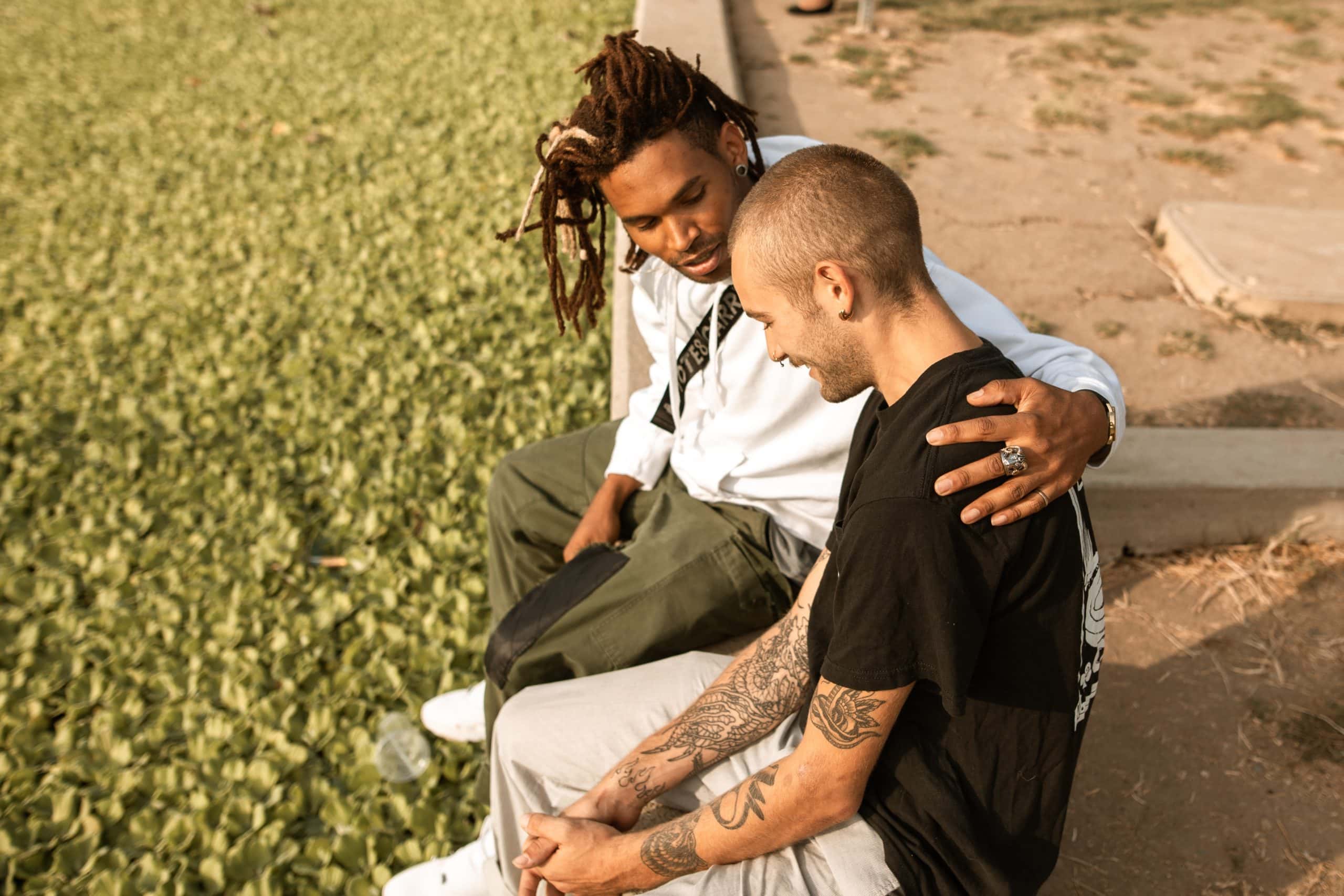


Many people in recovery have issues coping with change or uncertainty. When you were using substances, you may have felt like there was a big question mark when it came to your future life. Or, you may have daydreamed about the future but could not pursue your dreams. Substance use can derail big plans and objectives. Recovery, however, can be a second chance at life. By working the steps, staying sober, and beginning to work on yourself, you create the opportunity to change your life. However, life can be uncertain, especially in the post-COVID world. So how can a person in recovery from addiction learn to cope with uncertainty?
During COVID, there have been a lot of uncertain times, and you may have emotions cropping up again now that the omicron variant is raging. It’s okay to have feelings, even negative ones, about what is going on in the world. But you can’t let those feelings be the only thing that drives you. Accepting and acknowledging your feelings of fear or anger is essential. If you’re feeling these things, take some time to let yourself sit with them.
You may want to keep a journal of your anger or fear. (Much of anger comes from hurt or fear, too.) Writing about your worries can help you put them away for the rest of the day and continue to work on your recovery program. We can make plans for the future, but there will always be life’s little surprises. Some may be good, and some may be bad. But when you are sober, you get to experience life more fully. You also have the support of your peers to help you get through.
Don’t be afraid to express your feelings with others in 12-step meetings and therapy groups. That’s what they are for! Connecting with others by sharing these emotions can help you deal with uncertainty when it crops up in your life.
Even when life is uncertain, you can work on your goals. Breaking down your goals into steps can help you focus on them, bit by bit. For example, you may need to pay off a certain amount of debt before you can start driving a car to your job. So your first goal will be to save money, which may mean putting money aside for a car. You may also want to start researching cars and car insurance to know how much money you need to save and spend every month.
Sometimes, you may need to step back and regroup when the future seems uncertain. Whenever you feel like life is on shaky grounds, it’s time to re-center yourself in recovery. Don’t drop your recovery program when things go wrong. Your future depends on you taking care of your mental health and recovery.
You can’t always keep the plans you make, but you will learn to adapt in recovery. Don’t stop dreaming or working towards your goals. You may have a detour or two along the way, but you’ll still be able to accomplish things as long as you don’t give up.
Living with others in recovery can help you stay centered as you work towards goals. Learn more about how a sober living environment can benefit your recovery by giving us a call at 760-216-2077.
Many people in recovery have trouble regulating their emotions. After all, we live in a world that has a lot of natural ups and downs. As a result, life can be upsetting, frustrating and leave you feeling like you can’t cope. But those are just feelings! In recovery, you learn to live with your feelings and healthily express them.
Anger is a normal human emotion. You’re allowed to feel it. What you don’t have a right to do is hurt others because you feel angry. You don’t have a right to drive aggressively or mistreat your spouse.
If you’re angry, you don’t have to act out in anger.
Instead of freaking out when you’re angry, give yourself a minute. Coping skills don’t just naturally appear overnight; they must be practiced. By stepping away from a situation when you’re angry, you give yourself time to react.
Take a deep breath, then try one of the following:
If you or somebody you love are looking for structured, compassionate aftercare, we’re here to help. Our community offers independence as well as structured therapy. Learn more about what we have to offer by calling us at 760-216-2077.
For people in recovery, coping skills can be a significant challenge. Unfortunately, when you were in active addiction, these skills may have been in short supply.
After all, when you were sad, you probably got high or drunk. When you were angry, you probably got high or drunk. When you felt lonely, happy, confused, or lost…you probably got high or drunk, if it was an option. When you get sober, you learn that you don’t have the best coping skills. Discovering new ones will be a lifelong process. But there are some you can try on for size right away. So what are some good ones to practice?
Not every coping skill works for every emotion. Here are some ones to try on for size. If they don’t work for you, you can always try another one, instead. Keep what you need and leave the rest.
Are you or somebody you love interested in a living situation that offers structure and aftercare? Sober living may be the right decision for you. Learn more about your options by calling us at 760-216-2077.
